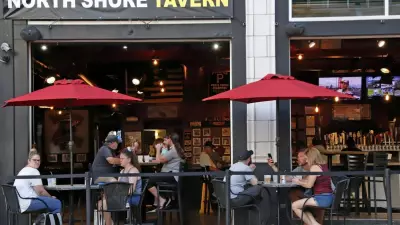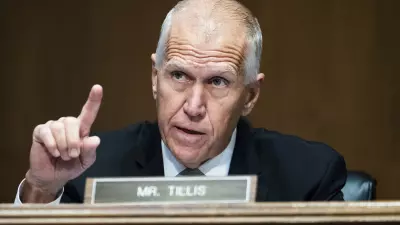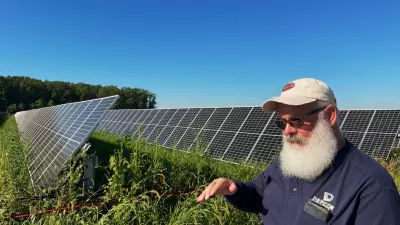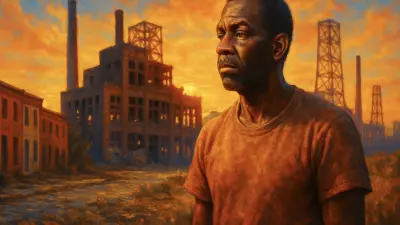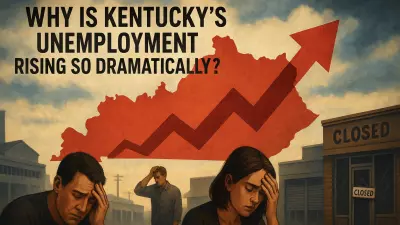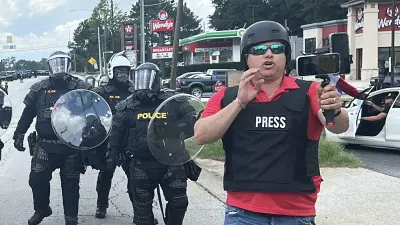In Season 1, Episode 2 of the Postindustrial Podcast, Dr. Arvind Venkat talks to host Carmen Gentile about how taking simple steps can help us cope with the novel coronavirus, amid a time of uncertainty.

Venkat is vice chair for research and faculty academic affairs in the Department of Emergency Medicine of Allegheny Health Network in Pittsburgh, Pa., and also a professor of emergency medicine at Drexel University College of Medicine in Philadelphia. Listen here. An excerpt of their conversation:
The best explanation I’ve seen (for a wearing a mask) most succinctly was on a sign outside of a restaurant in the Pittsburgh area that said, ‘my mask protects you and your mask protects me.’ Is that right?
That’s exactly right. The masks that the general public are wearing are effective, to some extent in preventing the transmission of the virus. If I have the virus, or if you have the virus, it’s a barrier. And so if I have the virus wearing a cloth mask is an extra barrier for my ability to transmit the virus to you. The same thing with you, to me, it may provide a little bit of protection in terms of your getting the virus. But the best way to think of it is it’s a way to protect each other because it serves as a barrier to the transmission of the virus.
You mentioned schools and schools are now a really hot topic because the president is saying that he wants schools to be reopened. And he’s going to push hard for schools to be reopened. What are your feelings about school?
We’re on a knife’s edge here in western Pennsylvania, where we are seeing an increase in the number of cases. And if we don’t get our act together to slow that transmission rate down and essentially stomp it back to an extremely low-level opening schools, this fall in any type of normal way will be very difficult.
And so the action that the state has taken previously seems to have worked during the early part of the pandemic cases, spiked in April for say, Pennsylvania, and a lot of the region around Pennsylvania. We saw those numbers go down and it seems as though people got complacent and cocky….is that what contributed to the recent spike that we’re seeing?
I think that we did not get consistent messaging from our political leaders to say that just because the limitations that we had at the initial part of this crisis were lifted that this was not over. I think people went back to doing their normal activities as if this were over. And that was not the case.
What we need is consistent political messaging from both sides of the aisle to explain what the science is and to give the public consistent guidance that is grounded in facts that say, this is how we get back to normal. This is what we need to do. I try to keep it very simple: social distancing, wear a mask, wash your hands, don’t touch your face, and recognize that in infectious disease, what you do affects me and what I do affects you.
Can you share with our listeners a little bit about what it’s like when somebody comes in who’s suffering from COVID?
It’s very, very tragic because they’re struggling to breathe. And we take that for granted. When we go about our lives, we don’t even think about how we breathe and see someone who is struggling to breathe, and we are doing everything we can in the emergency department to address that. It breaks your heart because these patients are scared because of limitations.
One of my asks of the media is to highlight the stories of patients who have recovered, clinicians who are telling us this is real, and this is a very severe illness when it hits patients.
Where you work now, do you have the personal protective equipment that you need? Do you have ventilators? Do you have everything that you need, to treat people?
Yes. In western Pennsylvania, we’ve been fortunate to be able to control this disease to an extent that we still have adequate resources, but that’s no guarantee that that will be the case in the future. We have to take as a cautionary tale, what has happened in Florida, Texas, and Arizona, where those communities thought they had it under (control).
For the rest of the conversation, click here for the Postindustrial Podcast.

